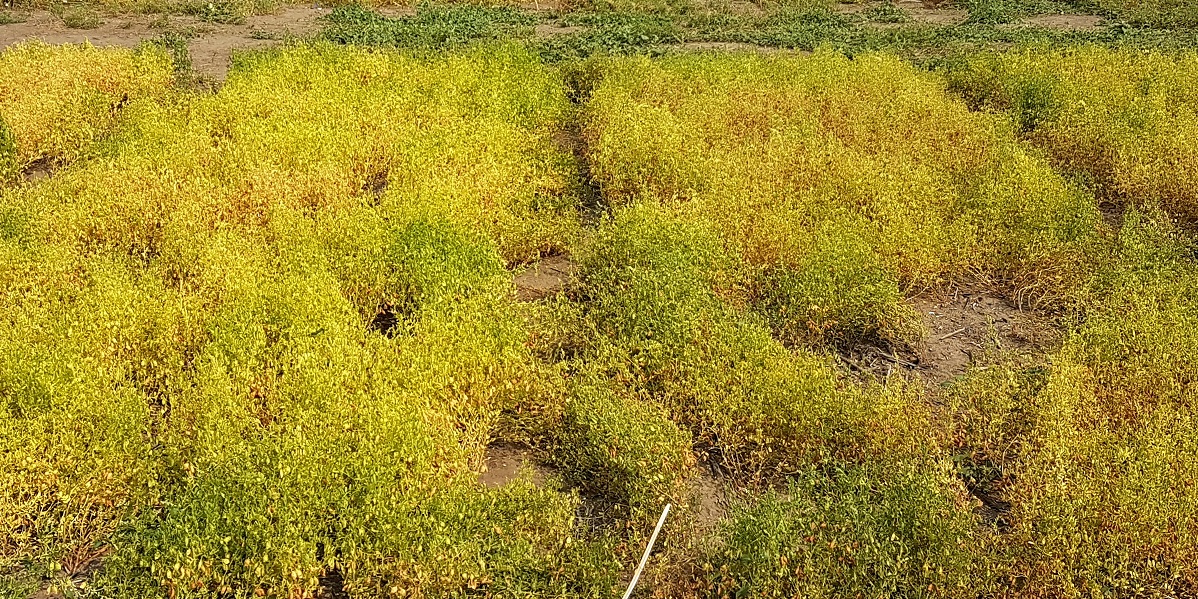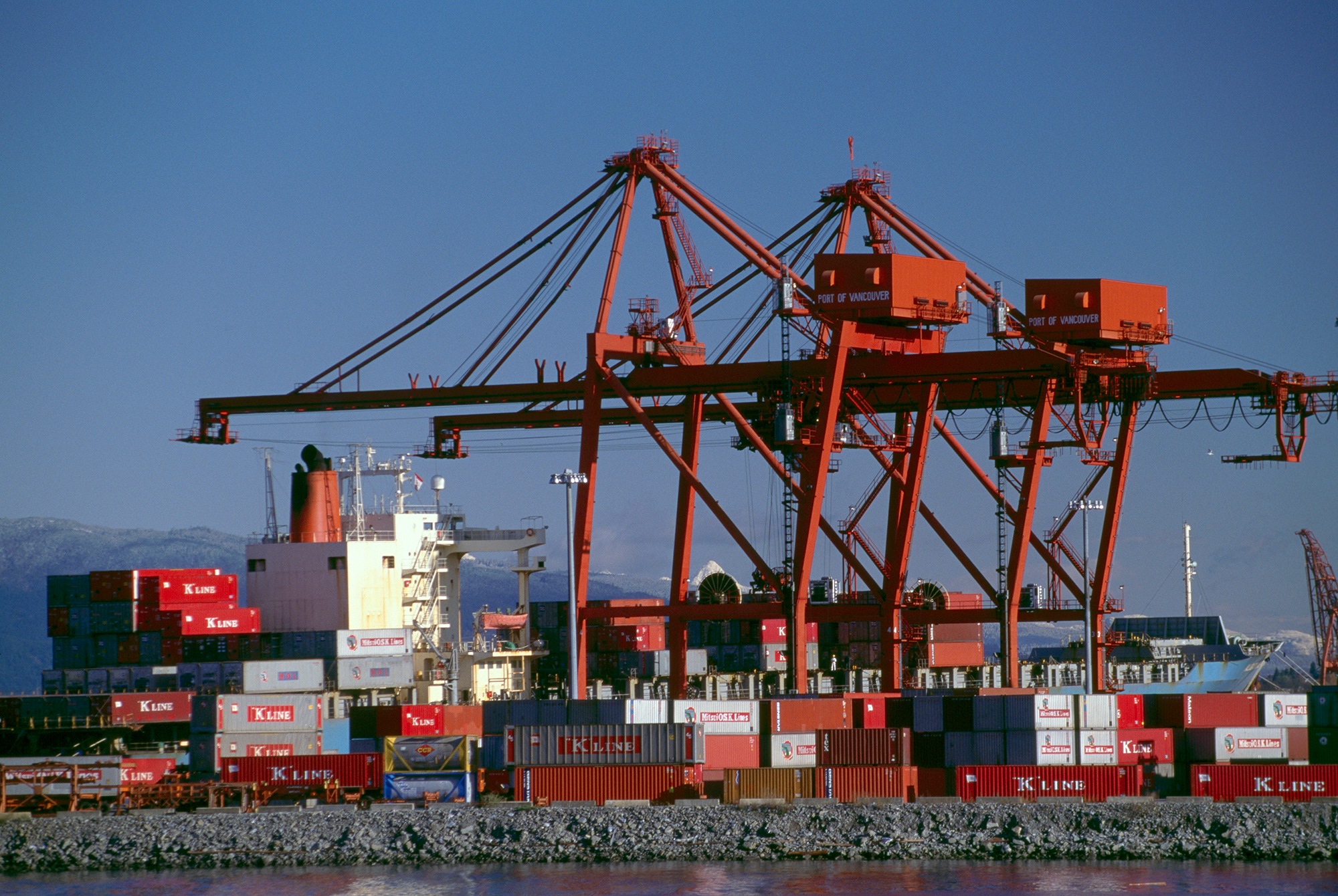By Tracey Shelton, Pulse Canada
October 1, 2019
Ensuring open market access for Canadian pulses to countries around the world is a key priority for Pulse Canada.
“With major market access issues in countries like India and China, keeping the markets open in other countries is becoming even more important,” says Mac Ross, Director, Market Access & Trade Policy at Pulse Canada.
Peru is one such market. On average, Canada exports between 30,000 and 35,000 tonnes of lentils and about 10,000 tonnes of peas to Peru each year, along with some canary seed and other special crops. Pulses are the second largest crop exported from Canada to Peru following wheat. While Peru is not a major market for pulses in terms of export volume, it is a longstanding market that has provided unimpeded access for Canadian pulse crops.
However, that access is currently under pressure due to changes to Peru’s phytosanitary requirements for Canadian imports. Following a World Trade Organization (WTO) notification of changes to Peru’s phytosanitary requirements for Canadian wheat shipments in mid- 2018, Peru advised the Government of Canada that shipments of lentils and canary seed would also be closely monitored for pests that appear on Peru’s regulated pest list.
In July 2019, Peru notified the Canadian Food Inspection Agency (CFIA) of the detection of several regulated weed seeds in several Canadian shipments of grain, including three shipments of lentils. The weeds identified included Bassia scoparia (kochia), Polygonum lapathifolium (pale smartweed), Salsola kali (tumble weed), and Elymus repens (quackgrass), all of which appear on Peru’s regulated pest list.
Ross says the CFIA has been working with the Peruvian government to allow trade to continue unimpeded and invited plant protection officials to visit Canada to learn more about the Canadian grain handling system.
“In early September, a delegation of officials from Peru travelled to Canada to meet with CFIA and gain an understanding of how CFIA certifies shipments for export in Canada,” he says. “We participated in those meetings with the Peruvian delegation along with representatives from other national commodity associations and the Government of Canada.”
The meetings involved a review of Canada’s systems-based approach to ensuring the export of grain shipments that comply with the requirements set by the importing country’s requirements as well as a review of the grain handling system in Canada.
Following the initial meetings, officials from Peru visited several points of the Canadian value-chain including a farm, inland terminal and a port terminal in Vancouver to view the sophisticated and rigorous quality control measures implemented by the Canadian grain industry and the stringent regulatory oversight provided by government agencies. The delegation returned to Peru after spending a week in Canada and will produce a full report with recommendations to the Peruvian government.
Ross says Pulse Canada will continue to monitor developments in Peru, working with industry and the Government of Canada to ensure continued access for Canadian pulses into this longstanding market.



